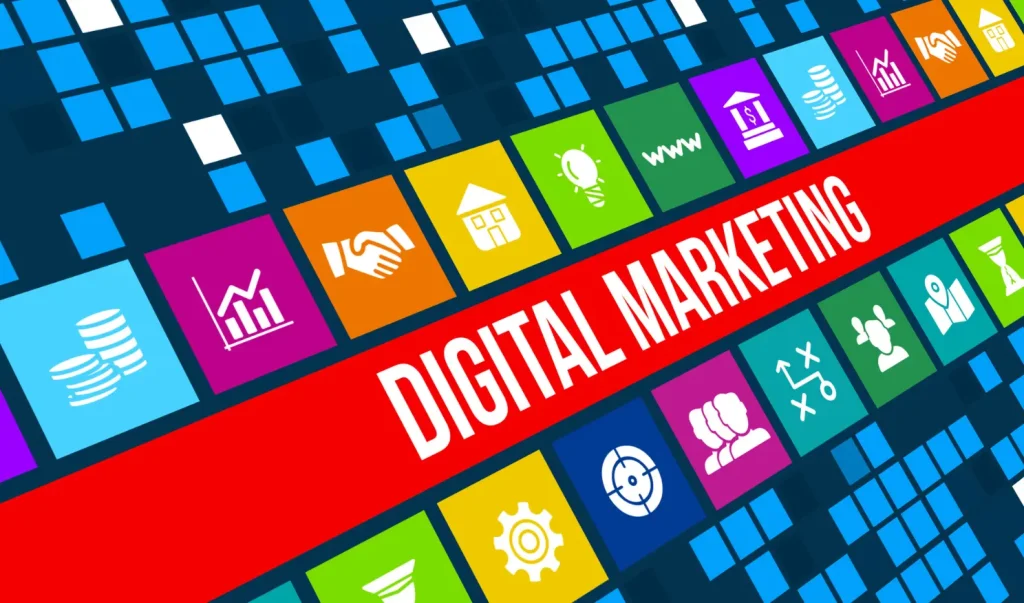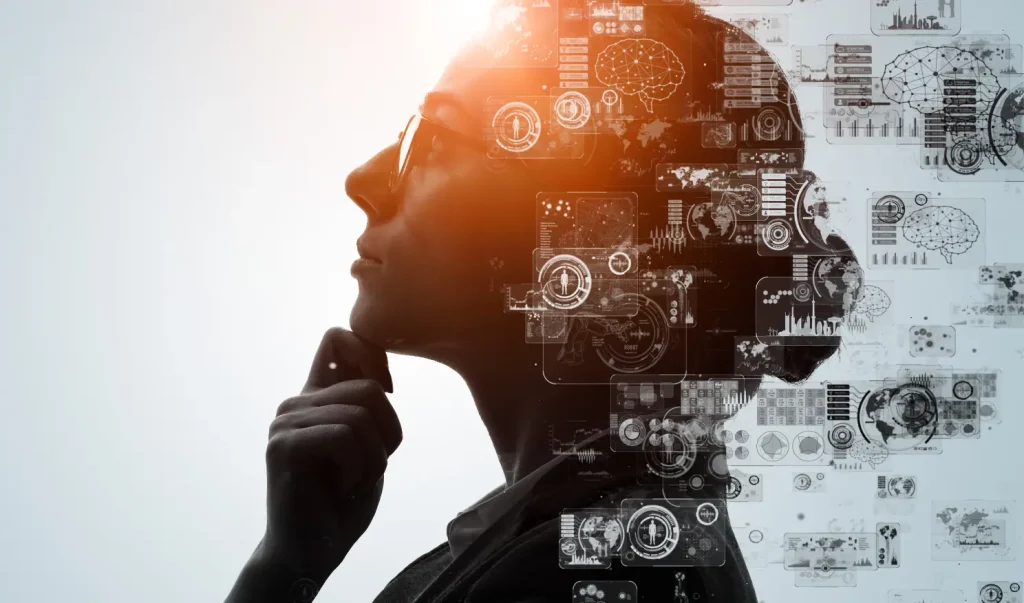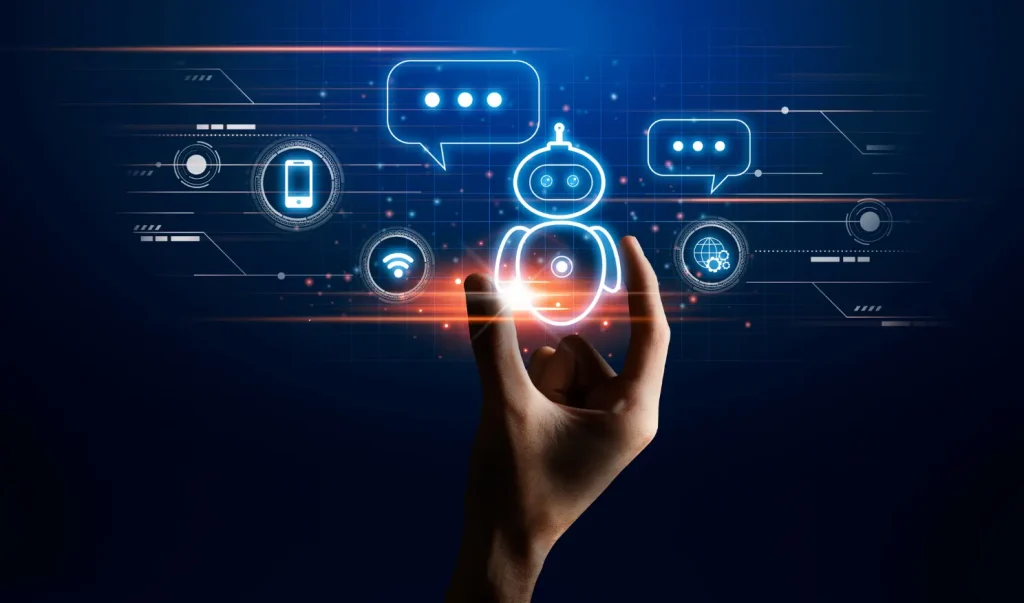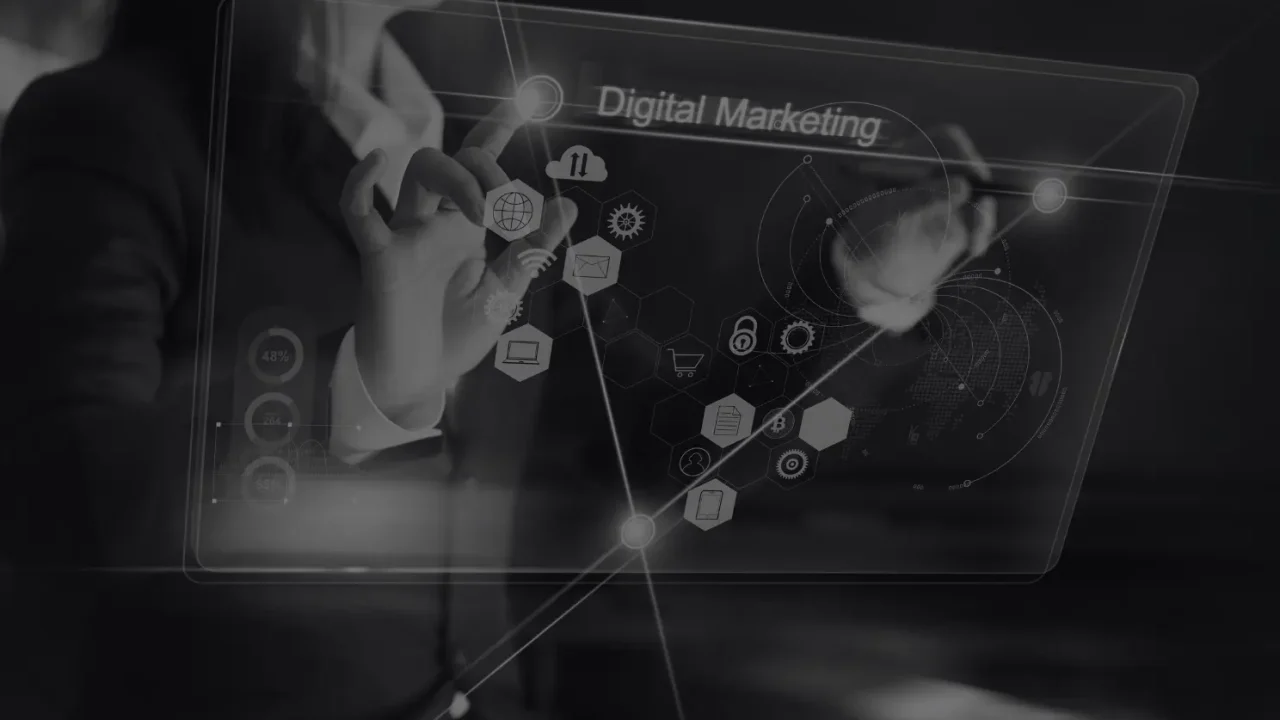
Personalized marketing has evolved from a mere trend to a fundamental strategy that businesses must adopt to remain competitive in the digital landscape. As consumers become increasingly inundated with generic advertisements, the demand for tailored experiences has surged. Companies are leveraging data analytics and customer insights to create highly personalized marketing campaigns that resonate with individual preferences and behaviors.
For instance, e-commerce giants like Amazon utilize sophisticated algorithms to analyze user behavior, enabling them to recommend products based on past purchases and browsing history. This level of personalization not only enhances customer satisfaction but also significantly boosts conversion rates. Moreover, the rise of artificial intelligence (AI) has further propelled personalized marketing into the spotlight.
AI-driven tools can analyze vast amounts of data in real-time, allowing marketers to segment their audience more effectively and deliver targeted content. For example, Netflix employs AI algorithms to curate personalized viewing recommendations for its users, which has been instrumental in retaining subscribers and increasing engagement. As we move towards 2025, businesses that prioritize personalized marketing strategies will likely see improved customer loyalty and higher return on investment (ROI), as consumers gravitate towards brands that understand and cater to their unique needs.
Voice Search Optimization

Natural Language Processing and Conversational Keywords
This shift necessitates a focus on natural language processing and conversational keywords, as users tend to phrase their queries differently when speaking compared to typing. To effectively optimize for voice search, marketers must consider the context in which voice searches occur.
Optimizing for Mobile and Local Searches
Many voice searches are conducted on mobile devices while users are on the go, leading to a preference for local results. Businesses can enhance their visibility by ensuring their Google My Business listings are accurate and up-to-date, as well as by incorporating location-based keywords into their content.
Creating FAQ-Style Content for Voice Search Results
Additionally, creating FAQ-style content that addresses common questions can improve a brand’s chances of being featured in voice search results. As voice search technology continues to advance, those who invest in optimization strategies will be better positioned to capture the attention of potential customers.
Augmented Reality Advertising

Augmented reality (AR) advertising is rapidly gaining traction as a powerful tool for engaging consumers in immersive experiences. By overlaying digital information onto the real world, AR allows brands to create interactive advertisements that captivate audiences in ways traditional media cannot. For example, furniture retailers like IKEA have successfully implemented AR applications that enable customers to visualize how furniture pieces would look in their homes before making a purchase.
This not only enhances the shopping experience but also reduces the likelihood of returns, as customers can make more informed decisions. As AR technology becomes more accessible, businesses across various industries are beginning to explore its potential for storytelling and brand engagement. Cosmetic brands like L’Oréal have introduced AR features in their mobile apps that allow users to virtually try on makeup products before buying them.
This innovative approach not only drives sales but also fosters a deeper connection between consumers and the brand. By 2025, we can expect AR advertising to become increasingly mainstream, with brands leveraging this technology to create memorable experiences that resonate with consumers on a personal level.
Video Content Dominance
Video content has emerged as one of the most effective forms of communication in digital marketing, and its dominance is only expected to grow in the coming years. With platforms like TikTok and Instagram Reels gaining immense popularity, short-form video content is capturing the attention of audiences worldwide. According to projections, video content will account for over 80% of all internet traffic by 2025, underscoring its significance in marketing strategies.
Brands that harness the power of video can convey complex messages quickly and engagingly, making it easier for consumers to connect with their offerings. Furthermore, live streaming has become an integral part of video marketing, allowing brands to interact with their audience in real-time. Companies like Nike have successfully utilized live streaming events to launch new products and engage with fans directly.
This format not only fosters a sense of community but also creates urgency around product launches, driving immediate sales. As video content continues to evolve, marketers will need to experiment with various formats—such as tutorials, behind-the-scenes footage, and user-generated content—to keep their audience engaged and maintain relevance in an increasingly crowded digital space.
Artificial Intelligence Integration

The integration of artificial intelligence (AI) into digital marketing strategies is revolutionizing how businesses interact with consumers and analyze data. AI technologies enable marketers to automate repetitive tasks, gain insights from large datasets, and personalize customer experiences at scale. For instance, AI-powered analytics tools can identify patterns in consumer behavior that may not be immediately apparent, allowing marketers to make data-driven decisions that enhance campaign effectiveness.
Companies like Google and Facebook have already harnessed AI to optimize ad placements and target specific demographics more accurately. Moreover, AI is playing a crucial role in predictive analytics, helping businesses anticipate consumer needs and preferences before they even arise. By analyzing historical data and trends, AI can forecast future buying behaviors, enabling marketers to tailor their strategies accordingly.
For example, retail brands can use AI algorithms to predict which products will be in demand during specific seasons or events, allowing them to optimize inventory management and marketing efforts. As we approach 2025, the integration of AI into digital marketing will become increasingly sophisticated, empowering brands to create more relevant and impactful campaigns.
Interactive Chatbots

Revolutionizing Customer Service with Chatbots
Interactive chatbots are revolutionizing the way businesses approach customer service and engagement. By providing instant support and personalized interactions around the clock, these AI-driven tools are transforming the customer experience. They can handle a wide range of inquiries, from answering frequently asked questions to assisting with product recommendations, making them invaluable assets for businesses looking to enhance customer experience.
Real-World Applications of Chatbots
Companies like Sephora have already implemented chatbots on their websites and social media platforms, guiding users through product selections based on their preferences and skin types. This personalized approach not only enhances the customer experience but also increases the chances of making a sale.
The Key to Chatbot Effectiveness
The effectiveness of chatbots lies in their ability to learn from interactions and improve over time. By utilizing natural language processing (NLP), chatbots can understand user intent and respond more accurately, creating a seamless conversational experience. As consumers increasingly expect immediate responses from brands, businesses that invest in interactive chatbots will likely see improved customer satisfaction and retention rates.
The Future of Chatbots
By 2025, we can anticipate even more advanced chatbot capabilities, including voice recognition and emotional intelligence features that allow for deeper connections with users. As technology continues to evolve, we can expect chatbots to become even more sophisticated, further transforming the way businesses interact with their customers.
Social Commerce
Social commerce is rapidly reshaping the landscape of online shopping by integrating e-commerce functionalities directly into social media platforms. As consumers spend more time on platforms like Instagram and Facebook, brands are capitalizing on this trend by creating shoppable posts that allow users to purchase products without leaving the app. This seamless shopping experience not only enhances convenience but also taps into the social aspect of shopping—encouraging users to share their purchases with friends and followers.
Brands like Glossier have successfully leveraged social commerce by building strong communities around their products and encouraging user-generated content. Additionally, social commerce is evolving beyond simple product listings; it now encompasses live shopping events where brands can showcase products in real-time while interacting with viewers. This format creates a sense of urgency and excitement around product launches, driving immediate sales while fostering community engagement.
As we approach 2025, social commerce is expected to become an integral part of digital marketing strategies, with brands exploring innovative ways to connect with consumers through social media channels.
Sustainability Marketing
Sustainability marketing is gaining momentum as consumers increasingly prioritize eco-friendly practices and ethical consumption in their purchasing decisions. Brands that embrace sustainability not only appeal to environmentally conscious consumers but also differentiate themselves in a crowded marketplace. Companies like Patagonia have built their brand identity around sustainability by promoting environmentally friendly practices and transparency in their supply chains.
This commitment resonates with consumers who value authenticity and social responsibility. As awareness of climate change and environmental issues continues to grow, businesses will need to incorporate sustainability into their marketing strategies genuinely. This could involve highlighting sustainable sourcing practices, reducing carbon footprints, or supporting local communities through ethical initiatives.
By 2025, brands that successfully communicate their sustainability efforts will likely foster stronger connections with consumers who seek out products aligned with their values. The emphasis on sustainability will not only drive consumer loyalty but also contribute positively to brand reputation in an increasingly eco-conscious market landscape.
One related article to digital marketing trends is “SEO Trends to Drive More Traffic in 2025” which discusses the latest strategies and techniques to improve search engine optimization for increased website traffic. To learn more about this topic, you can check out the article here.
Key Takeaways
- Personalized marketing continues to be a key trend, with brands leveraging data to create tailored experiences for their customers.
- Voice search optimization is becoming increasingly important as more people use voice assistants like Siri and Alexa to search for information.
- Augmented reality advertising is on the rise, allowing brands to create interactive and immersive experiences for their audience.
- Video content dominance is expected to continue, with more brands focusing on creating engaging video content to capture their audience’s attention.
- Artificial intelligence integration is becoming more prevalent, with AI being used to personalize marketing efforts and improve customer experiences.
FAQs
What are digital marketing trends?
Digital marketing trends refer to the latest strategies, techniques, and technologies used in the digital marketing industry to reach and engage with target audiences. These trends are constantly evolving as new platforms and tools emerge.
Why are digital marketing trends important?
Staying updated with digital marketing trends is crucial for businesses to remain competitive and effectively reach their target audience. By leveraging the latest trends, businesses can improve their marketing strategies and stay ahead of the competition.
What are some current digital marketing trends?
Some current digital marketing trends include influencer marketing, video content, voice search optimization, personalized marketing, and artificial intelligence in marketing. These trends are shaping the way businesses connect with their audience and drive results.
How can businesses stay updated with digital marketing trends?
Businesses can stay updated with digital marketing trends by following industry publications, attending marketing conferences and webinars, networking with other professionals in the industry, and investing in continuous learning and professional development for their marketing teams.
